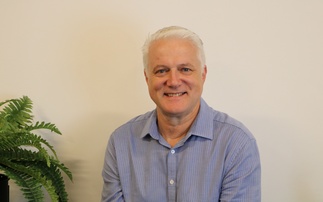The house of commons has made the case for those entering long term care to receive financial advice, guidance and product availability information.
Debating on Care (Older People) in the House of Commons Tracey Crouch MP for Chatham and former head of public affairs at Aviva, also voiced concerns that the public believes care costs will be provided free - despite the fact that hotel costs will not be covered under the Dilnot report's recommendations.
She said: "Earlier this year, the Local Government Information Unit estimated that a quarter of all self-funders fall back on the state, costing local authorities up to £1 billion per year.
"The unit's own report indicates that key decision makers in councils are unaware of the problem or underestimate its cost by 50%.
"I was shocked to read that 61% of authorities did not know how many self-funders they have or how many self-funders fall back on state funding.
"While we need to improve local authorities' understanding of funding liabilities, it is also clear that those who are in a position to fund themselves need much better financial advice and planning to mitigate the premature exhaustion of funds.
"There is an appetite for providing products in this area, but the market is not as wide or as competitive as it could be."
Referring to market specilist Partnership's research, she added: "Raising awareness of long-term care needs is essential, not least because people's expectation is that when they get old they will be looked after for free. I am not convinced that the Dilnot report changes that expectation.
"Although care costs will be covered, the so-called "hotel costs" of food and board will not be covered, so we need to improve individuals' understanding of what they will be required to fund themselves. "
David Simpson MP asked if the suggestion was that insurance would provide for future care rather than increasing taxes or cutting public spending.
Crouch replied: "Such insurance policies are certainly an option that we should look at, and indeed Dilnot himself looks at the financial services sector as one that could relieve some of the burden on state funding."
The debate covered:
• The need for self funders to receive financial advice, guidance and product availability
• The risk that self funders deplete their assets without this - and fall back on the state
• The appetite among providers to provide insurance products in this area
• The role of immediate needs - highlighting the need for advice and concerns that individuals still believe that their care costs will be provided by free - despite the fact that hotel costs will not be covered.
It is estimated that about 130,000 people enter residential care each year. Under the current system, around 41% of those people are self-funders.











